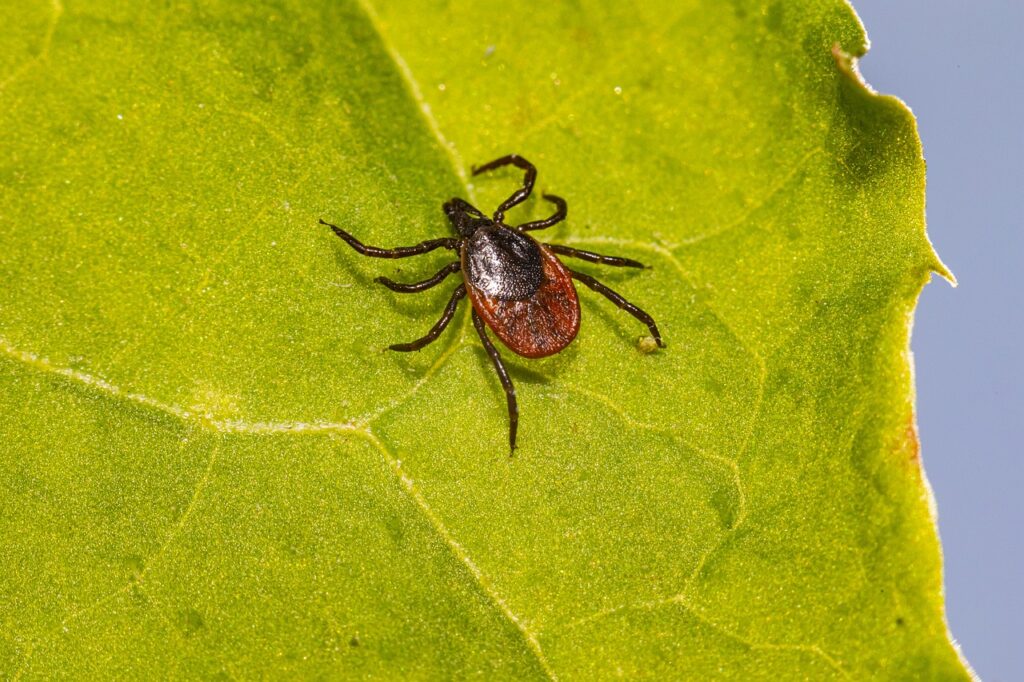Project ITCH Surveys New England Residents About Ticks

Photo: Pixabay.com. Public Domain
Source: UMass News and Media
The New England Regional Center of Vector-Borne Diseases at the University of Massachusetts Amherst, which aims to reduce diseases spread by ticks, mosquitoes and other blood-sucking arthropods, has launched phase one of Project ITCH (Is Tick Control Helping?). Researchers are surveying residents across New England in their first major study since the Centers for Disease Control and Prevention (CDC) last year funded the UMass Amherst-based New England Regional Center of Vector-Borne Diseases with a $10 million, five-year award. In phase one of the project, residents will fill out online surveys about their experience with ticks and mosquitoes around their home. The survey includes such questions as whether ticks are a concern and how residents are attempting to reduce the incidence and bites of ticks and mosquitoes, which carry Lyme disease and West Nile virus, respectively, among other potentially debilitating and even deadly diseases.
New England residents are sought to fill out the Project ITCH survey about how they protect themselves from ticks at their home. Click here to participate.
“Our mission is to help families and homeowners protect themselves and their companions from the hazards of tick-borne diseases. We chose to start by first listening to what people are currently doing, or not doing, at their homes,” says vector-borne disease expert Stephen Rich, professor of microbiology at UMass Amherst and principal investigator and executive director of NEWVEC, which brings together academic communities, public health practitioners and residents and visitors across the Northeast.
In the second phase of Project ITCH, researchers will select residential properties to receive a free evaluation of their property to determine whether residents’ efforts are effective at reducing tick-borne illnesses. The findings will help the NEWVEC team determine how to educate the public about best practices.
NEWVEC’s three-pronged mission will leverage and integrate applied research, training and community of practice to prevent and reduce tick- and mosquito-borne diseases in New England. Infectious disease epidemiologist Andrew Lover, UMass Amherst assistant professor in the School of Public Health and Health Sciences, serves as deputy director of the center, with co-principal investigator Guang Xu at UMass Amherst, and co-principal investigators at Northern Vermont University, the University of Maine, University of New Hampshire, University of Rhode Island and Western Connecticut State University.
For information on tick-borne diseases and prevention look here and here.
